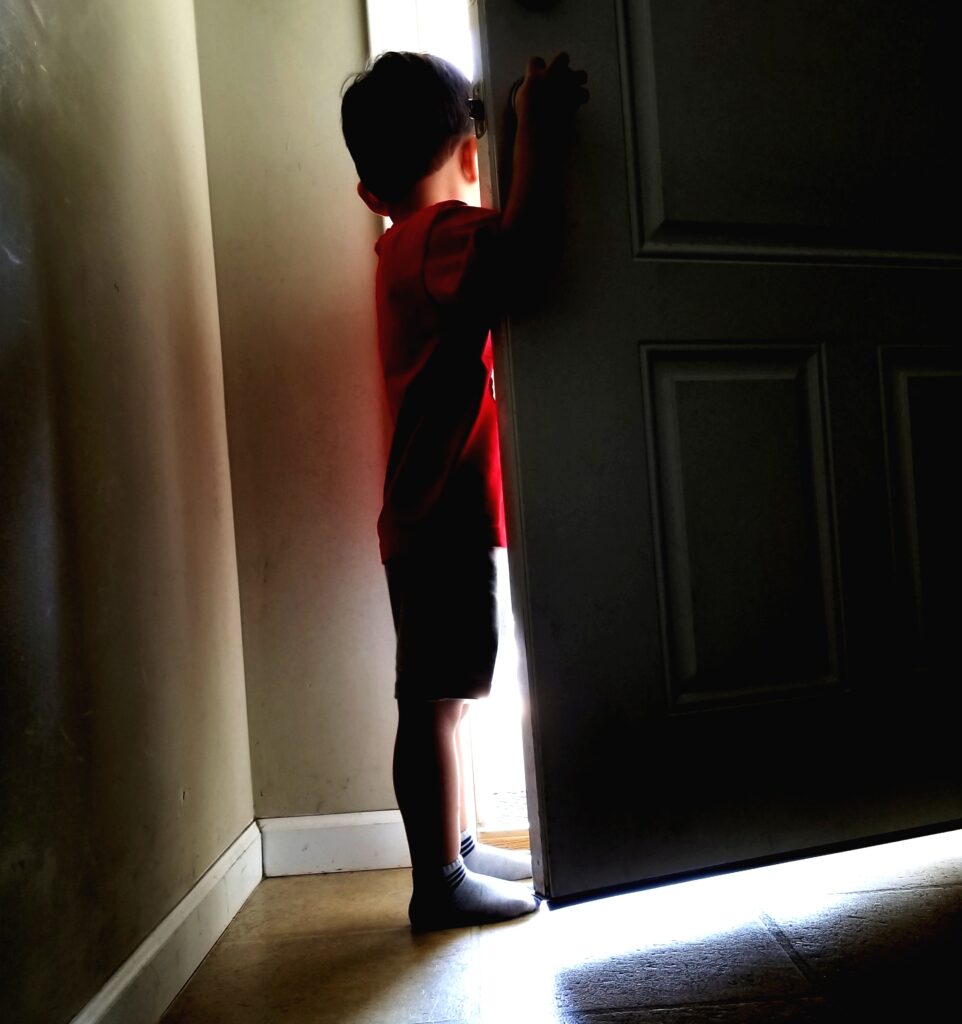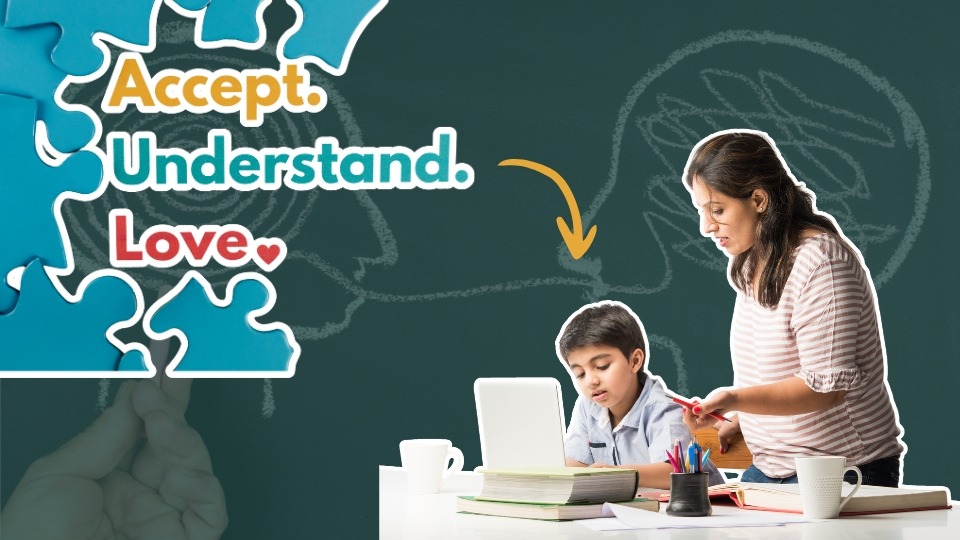It is true that every parent wants the best for their children. You spend quality time, energy, and love to nurture their growth and development. Still, amidst the joys of parenting, you might sometimes find some behaviors in your child which seem or appear to question or even alarm you. Understanding such behaviors is essential to properly monitor your child’s well-being and to build a positive environment for growth.

Recognizing Behavioral Red Flags
Children are different individuals, and they develop at different ages with their own characteristics and achievements, though some behaviors can serve as a flag for red color to your child’s need for more support and attention. It is very important to identify these signs in the early stages because it gives great foresight into your child’s emotional and psychological health.

- Excessive Fear or Anxiety: Any child will feel fearful or anxious in most situations, but when the fear becomes excessive and persistent, then it may indicate a more significant issue. For instance, if your child is becoming excessively fearful of going to school, making new friends, or spending time away from you, then he or she might require more reassurance and support.
- Withdrawing away from social interactions: Children are inquisitive by nature and normally want some friends among other children. If your child continues withdrawing away from social interaction, refuses playdates, or shows least interest in the formation of friendship, it may point toward some deeper issues such as social anxiety or difficulties in social skills.

- Aggressive Behavior: Though for some children, a certain level of aggression is typical, especially at the time of frustration or anger, aggressive behavior should be considered a matter of concern if it occurs very frequently. If your child happens to hit his peers or family members and bite them very often then such behaviors should be dealt with urgently.

- Regression: Kids regress in some behaviors they may have outgrown, such as wetting the bed, thumb sucking, or using baby talk. Such regressions sometimes occur during periods of stress or a significant life change, but consistent regression might mean your child is not handling his emotions.
- Emotional Control Issues: If your child experiences frequent, intense emotional outbursts or appears unable to control their emotions, then that might be a sign of needing support. To learn healthy ways of expressing their feelings is ideal for children. If they cannot do so, seek professional help.

- Loss of Appetite or Slept Patterns: Sudden changes in appetite or sleep habits may be a sign of emotional distress. When your child has lost lots of weight, stopped eating so much, or is sleeping less or more than normal, consider exploring what’s causing such events together.
- Difficulty Focusing or Following Directions: Children have different spans of attention. However, if your child is to be constantly unable to focus on instructions or follow simple directions, it may indicate the difficulty with focus or learning. Observing the child’s behavior in different settings can thus serve as a valuable tool.

Empowering Parents Through Awareness
There’s no instillation of fear but rather equipping parents with ways to act positively in the face of such red flags. By being aware, you get to know your child so much better and can respond accordingly to him or her in a compassionate, supportive manner. Look at it from a mindset not of panic but of curiosity and concern.

When you start noticing concerning behaviors, consider the following steps:
- Record Behavior: Record when such behaviors occur and why they might have happened. Your report could be of immense value to you if you seek or plan to seek professional help in the near future.
- Open Communication: Share your thoughts and experiences with your child. Encourage him or her to be open about what is going on inside his or her head, to share things that bother or scare him. Open communication fosters trust and understanding.
- Seek Advice: If there are chronic concerns about the behavior of your child, seek help from a pediatrician or child psychologist. Professional guidance will help analyze the issue and devise specific strategies for that particular case.
- Set a Supportive Home Environment: Your home must be a place in which your child feels safe and nurtured and is free to express how he or she is feeling. That environment should elicit positive interactions between family and friends.
- Learn: You will learn the child development principles and resources available to you as a parent. Knowledge is power, and being informed can help you make better decisions for your child’s well-being.

Early Intervention
It makes a huge difference in the long run when such problems are addressed at an early age in a child. Early intervention becomes the support that helps children process their challenges and reach healthy coping mechanisms. Recognizing such behavioral red flags, parents can take proactive steps in ensuring their child gets the support they need.
Conclusion
Actually, it’s a journey of joy and challenges and lots of learning. Knowing exactly what your child is doing and what red flags may be occurring is great importance in navigating this journey toward the best support for your child’s emotional and psychological needs.
Every child is different, and their behaviors are determined by individual experience and personality, so remember that. Along with openness, communication is open to anyone if need be. Create a supportive environment, and your child can blossom to become an all-around happy and healthy person.
As you move on with many things that parenting involves, so walking the journey in love, patience, and understanding, your awareness and proactive approach can change your child’s life, people around you, and help them grow best according to their own nature.






